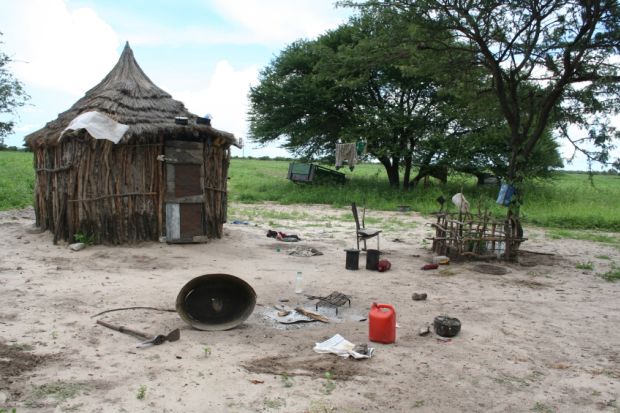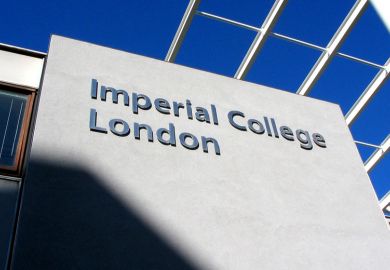Insurance, fieldwork safety, international healthcare, crisis management - and the many other issues universities face when they send people abroad - will be examined at a major conference next week.
“Education Without Borders: Students and Staff in a High-risk World”, organised by McMillan Cooper, a firm which specialises in events on travel risk, will take place at the Bridgewater Hall in Manchester on 21 October.
Michael Smith, safety policy adviser at the London School of Hygiene and Tropical Medicine, will consider “the challenges of academic research in high-risk areas”. Perhaps the key to success is “the support of a good insurer and buy-in from senior management, and I mean right at the top”. Yet there were also a number of questions it is always worth asking.
One of them, Mr Smith will argue, is “Who authorises the work?”, since “a senior academic who wants the work done is likely to accept a higher risk than a senior administrator who may have little idea about the research but possibly understands the travel location risks more clearly”.
Equally crucial is “Do they actually need to go?” In the case of group trips as part of taught courses, Mr Smith is often sceptical “whether an appropriate risk assessment has been carried out, because the principle of substitution is likely to generally mean that the trip should take place at a lower-risk location”.
He will recall the case of an academic who “attempt[ed] to go to a high-risk region to attend a conference, which could easily have been held by video-link”. And he will also suggest that risky assignments can only be justified for “research-centred” reasons, and not simply in order “to make the student more employable when they have finished the course”.
Meanwhile, former BBC reporter and producer Alistair Macdonald (now a consultant and fellow of the Royal Geographical Society) will remind delegates that “accidents and deaths occur regularly when students, research graduates or academic staff work in remote parts of the world”.
If such things happen, universities wanting to avoid “serious reputational damage” urgently needed to learn how to “work with journalists”, since the news cycle often includes a “manhunt phase” where the goal is finding someone to blame.




